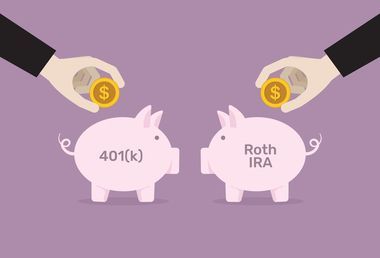HSAs - What are they and Triple Tax Benefits
Eligibility, Contributions and Flexibility

A Health Savings Account (HSA) is a tax-advantaged savings account designed to help individuals with high -deductible health plans (HDHP) save for qualified medical expenses. It combines health insurance with a savings tool that offers significant tax benefits.
How an HSA Works with Health Insurance
1. Eligibility: To open an HSA, you must be enrolled in a High Deductible health plan (HDHP), which typically has lower premiums but higher deductibles than traditional health plans. For 2025, the minimum deductible for HDHPs is $1600 for individuals and $3200 for families.
2. Contributions: Both individuals and employers can contribute to the account. For 2025, the contribution limits are $4,300 for individuals and $8,550 for families, with an additional $1,000 catch-up contribution allowed for those aged 55 or older.
3. Flexibility: Funds in an HSA can be used to pay for qualified medical expenses, such as deductibles, copayments, prescription drugs, dental care and vision care. Unused funds roll over from year to year and remain with the account holder even if they change jobs or health plans.
Triple Tax Savings Benefits
HSAs offer three key tax advantages that make them unique among savings accounts:
Tax Free Contributions:
· Contributions to an HSA are made pre-tax (if through payroll deductions) or are tax-deductible (if made directly by you), reducing taxable income
Tax-Free Growth:
· The funds in the account can be invested (once the account has enough funds to invest), and any interest or investment earnings grow tax-free over time.
Tax-Free Withdrawals:
· Withdrawals used to pay for qualified medical expenses are not taxed. This applies even years later, making HSA’s a powerful tool for both current healthcare costs and long-term retirement planning.
Additional Benefits
· Portability: The account remains yours even if you change jobs or retire. If you set up the account with your employer, you can take it with you and keep it.
· No “Use it or Lose it Rule: Unlike Flexible Spending Accounts (FSAS), HSA funds roll over indefinitely.
If you want to learn more about High-Deductible Health Plans that can be used with a Health Savings account, contact Pam Morton at Benefits by Design Insurance Services.
Pam Morton, Agency owner
760-696-3573
Visit our website: www.benefitsbydesigncom










